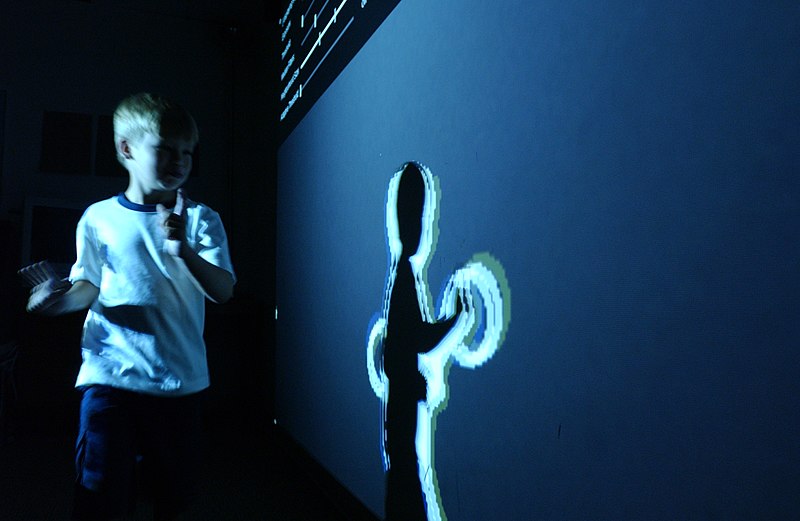Not One, Not Two, Not Three, but Four Clones

Xi-Jun Ren and Yang Xiang from Henan Universities in China, in collaboration with Heng Fan at the Institute of Physics of the Chinese Academy of Sciences, have produced a theory for a quantum cloning machine able to produce several copies of the state of a particle at atomic or sub-atomic scale, or quantum state, in an article about to be published in The European Physical Journal D. The advance could have implications for quantum information processing methods used, for example, in message encryption systems.
Quantum cloning is difficult because quantum mechanics laws only allow for an approximate copy—not an exact copy—of an original quantum state to be made, as measuring such a state prior to its cloning would alter it.
In this study, researchers have demonstrated that it is theoretically possible to create four approximate copies of an initial quantum state, in a process called asymmetric cloning. The authors have extended previous work that was limited to quantum cloning providing only two or three copies of the original state. One key challenge was that the quality of the approximate copy decreases as the number of copies increases.
The authors were able to optimise the quality of the cloned copies, thus yielding four good approximations of the initial quantum state. They have also demonstrated that their quantum cloning machine has the advantage of being universal and therefore is able to work with any quantum state, ranging from a photon to an atom.
Read more . . .
Bookmark this page for “Quantum Cloning” and check back regularly as these articles update on a very frequent basis. The view is set to “news”. Try clicking on “video” and “2” for more articles.








